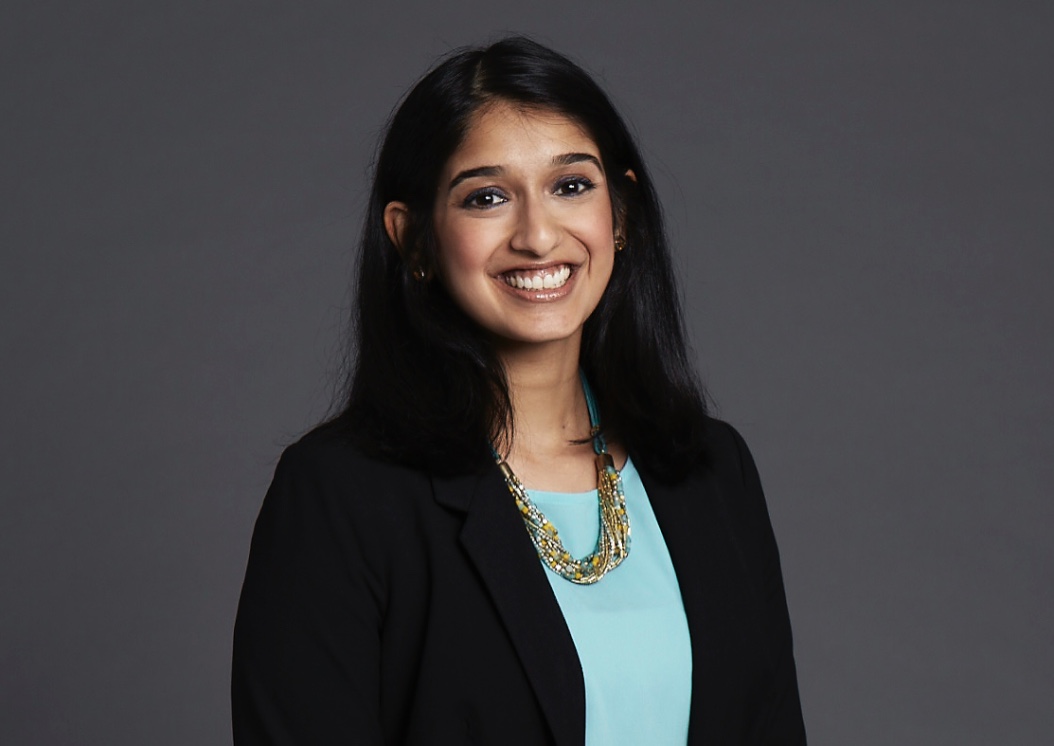New Study in JAMA Neurology Reveals Positive Treatment Outcomes for Focal Epilepsy
Most Patients Become Seizure-free Over Time, But Require Multiple Medications and Patience

Epilepsy affects approximately 65 million people worldwide, with 60 percent experiencing focal seizures. Most people with newly diagnosed focal epilepsy can become seizure-free, but it often takes more than one medication and some patience, according to a new study published by Manisha Holmes, M.D., associate professor of neurology, along with a group of international researchers, in JAMA Neurology.
“Only about a quarter of the patients in the study gained seizure control on the first try with anti-seizure medication. We know epilepsy can be challenging to control, but this study really underscores how common it is to need time and more than one approach in that first year,” says Dr. Holmes.
The researchers conducted an international, prospective, observational cohort study at 34 tertiary epilepsy centers, which followed 448 people with newly diagnosed focal epilepsy for up to six years to describe their response to treatment with anti-seizure medications. The researchers found that 59.6 percent of participants achieved seizure freedom (the absence of seizures for 12 months or longer), largely without relapse (83.5 percent). Yet more than two-thirds of participants had ongoing or worsening seizures in the first year of treatment, with most taking more than 12 months to start their first seizure-free period.
“Patients and their families want to know what to expect. This study finally gives us solid, long-term data to guide those conversations,” says Dr. Holmes. “It reassures patients that even if the first treatment doesn’t work, most will get there with time. It also reminds doctors to keep a close eye and think about advanced options earlier if seizures continue.”
The researchers’ next steps include investigating why some people respond to treatment quicker than others by examining genetic and cognitive markers that could one day help personalize epilepsy care.
While the research underscores the challenges many face in achieving seizure control, Dr. Holmes reminds patients that there is every reason to stay positive. “Don’t lose hope. Seizure freedom may take persistence, but most people do achieve it. Staying connected with an epilepsy specialist really improves the chances of finding the right path.”

